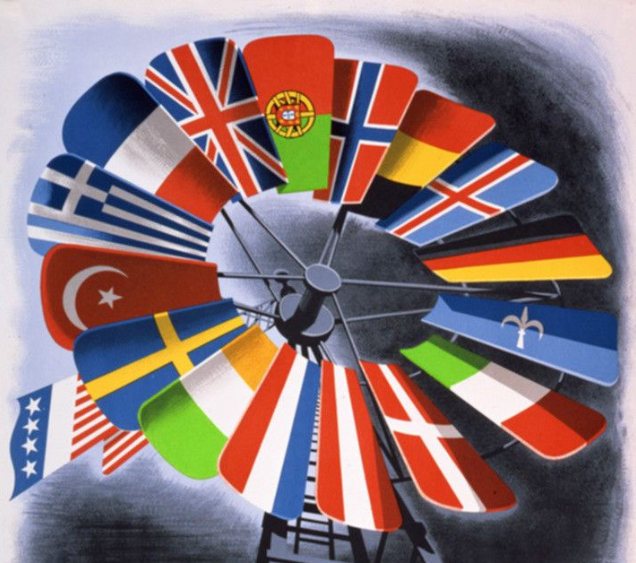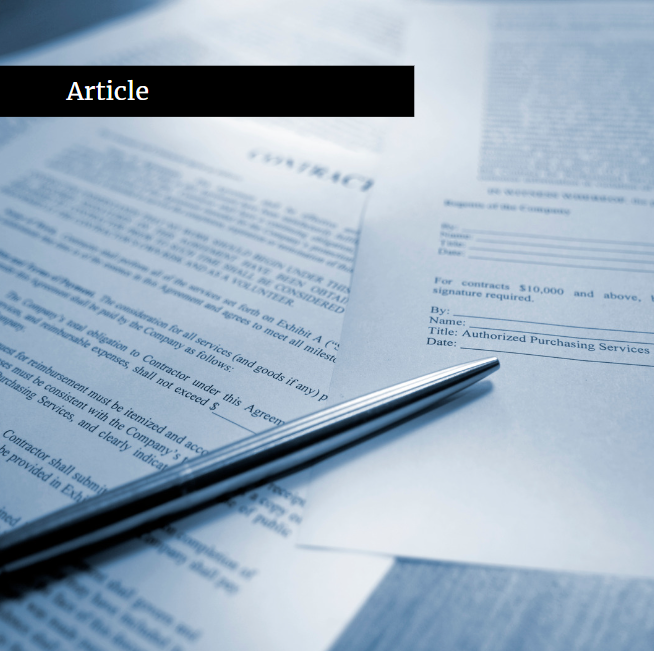Ukrainian Legal Alert (17.02.2022)
There is a high concern issue on the agenda of the international community these days, which has arisen out of the possible escalation of Ukraine – Russia conflict. While everyone hopes for the avoidance of the threatening armed conflict, the demand for answers to the questions of business has significantly increased. For the sake of our partners’ and colleagues’ clarity, we would like to publish some general information as per the legal issues in the maritime industry operating in the Black Sea region which might be affected by the conflict.
It is of utmost importance to note that the below comment is not specific advice, as each particular case shall be considered on its own background.
1. Owners’ entitlement to refuse proceedings to Ukrainian ports
This issue heavily depends on the type of war risk clause in the Charterparty (and whether it is incorporated at all), as well as on the development of the situation within the nearest days and weeks.
Indeed, the Owners may be entitled to refuse the Charterers’ orders if the Charterparty contains a quite general war risk provision, either one of the standard ones, or specifically designed for your charter party. As for today, the risk appears to be probably sufficient to justify Owners’ decision not to proceed provided Owners have genuine safety concerns.
On the other hand, some war risk clauses (for instance some tanker charters) have more restrictive nature and may not be relied upon unless real hostilities actually break out.
It should be emphasized that the charterparty provisions should be reviewed very carefully to find out whether there are any provisions that would affect the legal position for owners, and the situation at the very exact time of making the decision shall be thoroughly analyzed and compared to the war clause wording.
This also shall be noted that the case complicates where there is cargo on board directed to Ukraine, as the decision not to proceed would also affect the rights of Bill of Lading parties (the consignee, shipper) which may be different from the charterers, and, thus, such relations most probably do not have any provisions giving the owners liberty not to proceed (as standard bills of lading used in the region usually do not contain own war risk clause).
2. Legal safety of Ukrainian ports
This question is much more difficult to give a straight answer to, as there is no clarity whether the risk of prospective danger is sufficient to make ports legally unsafe, insofar the hostilities are not commenced and, of course, the international community tends to hope for the peaceful development of the matter.
For the determination of such risk existence, it is relevant to look at the case of The Ocean Victory [2017] 1 Lloyd's Rep. 521, where it was held that it is important to find out "whether a reasonable shipowner in the position of the particular shipowner trading the ship for its own account and knowing the relevant facts would proceed to the nominated port". The question is rather theoretical and, because of that, difficult to reply, as soon as the answer lies in the practical aspect of the issue. There might be argument to support both “yes” and “no” answers, e.g. the Joint War Committee’s adding Ukrainian and Russian waters in the Black Sea as Listed Areas, and the Russian authorities declaration as for the troops returning to their permanent dislocation.
Consequently, while various Courts and Tribunals may hold different views, at this particular moment it is doubtful whether all Ukrainian ports would, be treated as legally unsafe.
3. Sanctions affecting Charterparties
As declared by the officials of various States, escalation of the conflict might lead to imposing further sanctions on Russian companies, which might turn performance of a Charterparty to be illegal, in which case the Charterparty may be probably treated frustrated. Hence, it is suggested to double-check the business partners, their beneficiaries and affiliates to be compliant with the current and possibly forthcoming amended sanctions.
4. Restrictions for the vessel in- or out-bound voyage to/from the Sea of Azov ports
Generally speaking, it may be concluded that most probably time charter parties would continue, with charterers being entitled to trade the vessel wherever practically possible and their duty to pay hire. On the other hand, voyage charter parties may be declared frustrated if the delay and prospective delay involved in proceeding to/from a nominated port in the Sea of Azov are so lengthy as to radically change the nature of the contract.
5. Insurance
It is strongly suggested to check with the insurers the terms of the insurance policy in respect of war risks and to discuss the way to handle the existing charter party, so to find a balance between the obligations as described above and risks covered by the policy.
Summarizing the above, the best what the parties may do in the prevailing circumstances is:
- To analyze the current circumstances at the decision-making point on the basis of facts and objective information;
- Pay attention to the details of charter parties wordings;
- Cooperate with the counter-party in finding mutually acceptable solutions;
- Double-check all the details prior to concluding new contracts
Based on SKULD
(1).png)
Download file...
(2).png) Rising to the challenges of war2023.10.20
Rising to the challenges of war2023.10.20...

Anupam Mittal v Westbridge Ventures II Investment Holdings [2023] SGCA 1 highlights the importance of expressly stating the law governing...
.png)
Structure Are there any particular drivers in your jurisdiction that will determine how a joint venture is structured? ...
(1).png) Release: Shipping nd trade day 20222022.12.22
Release: Shipping nd trade day 20222022.12.2250 countries and 257 delegates: that is Shipping and Trade Day 2022 in a nutshell. Let us highlight our annual conference in detail....

For several weeks, the Ukrainian and world media have been discussing the plan for recovery of Ukraine, as called by journalists and econo...

Odessa businesses, as the Lviv ones, have the most problems with logistics and decreased purchasing power of the population, while the o...

Today, the world faced impact of technological evolution, which affected both management and production processes, as well as new method...

To maintain macroeconomic stability and win this war, all of us need to work together. Ukraine’s economy is suffering colossal losses...
 Ukrainian Legal Alert (17.02.2022)2022.02.17
Ukrainian Legal Alert (17.02.2022)2022.02.17There is a high concern issue on the agenda of the international community these days, which has arisen out of the possible escalation of Uk...




 Odessa, 65014, Ukraine, 1 а, Gretska St
Odessa, 65014, Ukraine, 1 а, Gretska St
